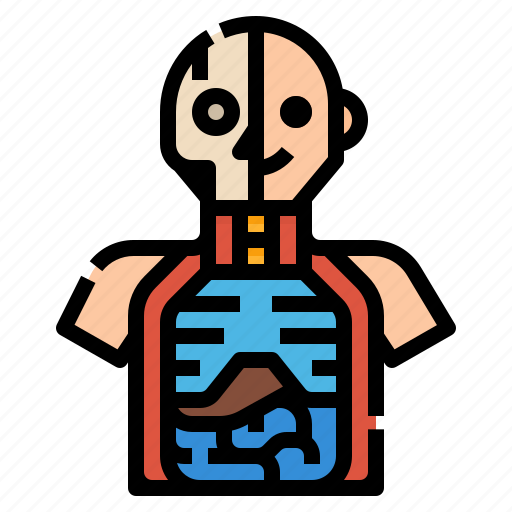One of the most common questions that you will be asked when taking a biology course is about how human blood circulates. In addition to how blood circulates, you may also be asked about the ways that different organs in your body receive their nutrients. This may include questions about how different organs such as the stomach and intestines actually receive their nutrition, and how these organs react to the environment around them. You may even be asked questions about the way that the circulatory system works in humans.
Another one of the more common questions that you will be asked about blood is about how the various nutrients are delivered to all of the different parts of your body. How do the nutrients actually reach the different parts of your body? This can be particularly difficult to answer if you are not well versed in the anatomy of your body, and you will need to find out more about how your blood is distributed through the various organs in order to gain a better understanding of how it functions.
You will also be asked questions about what organs your major organs are located in, and how they function. This can be especially challenging because most of the time, it is impossible to know which organ or organs in your body a specific question pertains to unless you actually have a good understanding of how the organs function in the first place. You will also have to learn more about how hormones and other chemicals work within the body.
Of course, there are questions that you may be asked about the structure of your body. For example, you will probably have to explain how the structure of the different parts of your body like your heart, lungs, kidneys, liver, bones, and muscles are arranged in a way that allows your body to work as efficiently as possible. You will also have to know about the way that your body stores energy, and how different organs in your body convert energy into the types of energy that you need to make your body work.
As you can see, there are a lot of questions that you will be asked about your body when learning about your body. The reason that you may be asked questions about these questions is because you are interested in learning more about what makes you unique from the rest of the population, and why you have the different traits that make you so different from everyone else.
Learning more about human physiology is an important part of biology. Without a solid understanding of how the human body works, it is difficult to figure out why different conditions in our life happen, and what can be done to help keep them from happening.
Hopefully, by the end of this article, you will have learned a little bit about human physiology. If you do not want to go into any of the major anatomy topics listed above, then just take the time to read about some of the most common questions that you will likely be asked when learning about human anatomy.
One of the biggest questions that you will be asked about during a medical science lecture about human physiology is why you experience pain. There is no one single answer to this, and there are many different theories on why pain occurs and how we can stop it. Some theories say that you are experiencing pain because of an injury, some say that it is caused by an infection, and others say that it is caused by a disease. The important thing to remember is that pain affects your perception of how your body is working.
There is also the possibility of some pain being caused by your own body. Pain can be caused by things like the buildup of pressure in your body over time, which can be caused by the way that your muscles are arranged, or the way that you eat or exercise.
When it comes to understanding the human body, the best way to find the answer to any question that you have is to study up on your human anatomy. If you think that your physician wants you to do this kind of work, then you should go ahead and ask them. If not, then there are some great books on the market that cover the topic. You should check out any bookstores where there are medical textbooks on the subject and then look online for some online resources as well.


